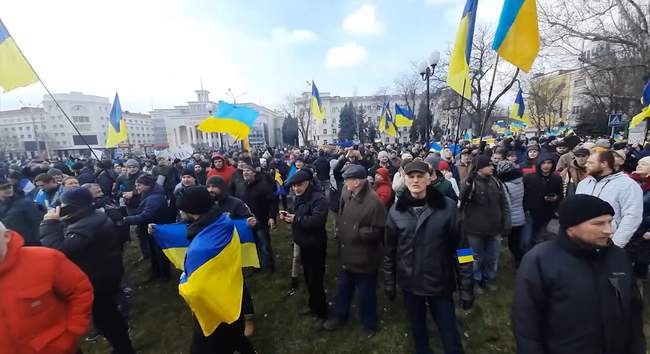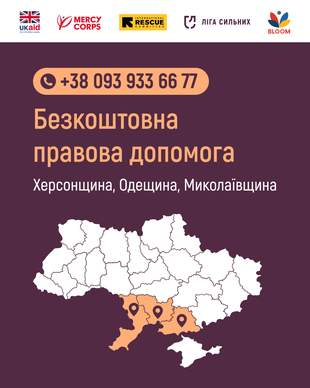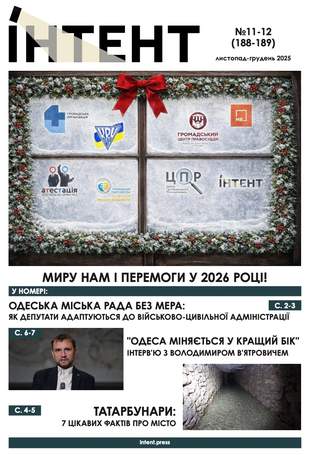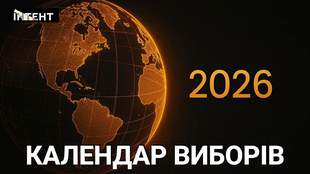Меню
Соціальні мережі
Розділи
Nov. 12, 2024, 7:17 p.m.
Unconquered Kherson: journalists told their stories of life under occupation and more
This article also available in English173

A still from the movie.
Journalists from the Kherson-based Vgoru newspaper made a film in which they told their stories of life under occupation or in other cities as displaced persons.
The film is freely available on YouTube and, as one of the co-authors and protagonists of the film, Yelyzaveta Zharkykh, told Int.Insight, the journalists initially planned to focus on the moment of de-occupation of the city, but then the Russians blew up the dam of the Kakhovka hydroelectric power plant and the journalists could not ignore this in the film.
"For us, these are personal stories because they tell the story of Ilona, our director, mine, Sasha Korniakov, and Iryna Ukhvarina. And these are different stories because I left a month and a half to two months after the occupation. Korniakov was forced to leave - he did not want to leave. Ukhvaryna stayed in Kherson throughout the occupation, and we tried to show how our colleagues work with each other, how they react to events. because I was very angry with them that no one wanted to leave. Because on the one hand, the Russians could take them away, and it's not known what the situation is with medical care, with medicines... And I think this was the dilemma of every citizen of Kherson," the journalist said.
"Unconquered Kherson" is a film about the work of Kherson journalists. Since the beginning of the full-scale invasion, Vgoru's correspondents have been recording everything that happened in the city. Together with the people of Kherson, they survived the seizure of the regional center by Russians, rallies, occupation and liberation of their hometown.
The journalists continue to work in Kherson, documenting the consequences of shelling and flooding caused by the terrorist attack on the Kakhovka hydroelectric power plant, and telling the world stories about the unconquered city and its unbreakable people. Their goal is to make their native Kherson more widely known, and to document the crimes of the Russians in as much detail as possible.
Ustin Danchuk, Yelyzaveta Zharkikh, Ilona Korotitsyna, Dmytro Bagnenko, Mykola Leonenko, Oleksandr Korniakov, Pavlo Mamontov, Iryna Ukhvarina, Tetiana Nabatova, Mykola Dudnik, and Maksym Afanasiev worked on the film.
Yelyzaveta Zharkikh and Oleksandr Korniakov tell their own stories,









